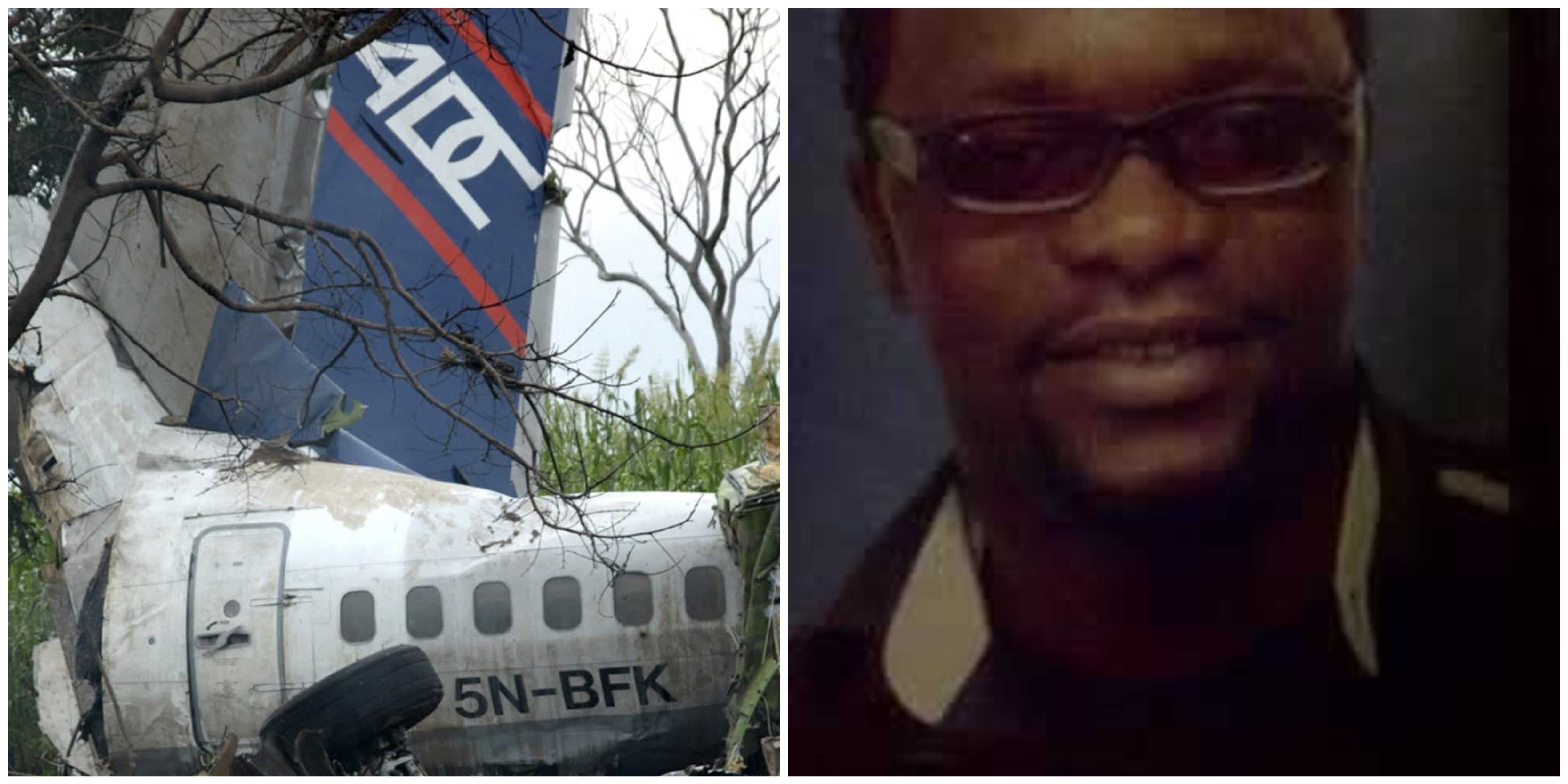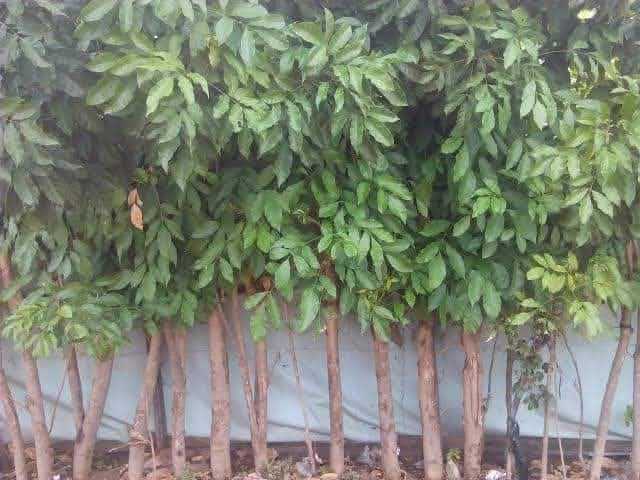
Forcados River: Untold Story of Igbo Slave Trade through Aboh
Certainly! Here is the article rewritten in **simple British English**, still maintaining Nigerian context and SEO-optimised keywords:
---
**I Visited the Shores of Forcados River: Untold Story of the Igbo Slave Trade through Aboh and Forcados**
Forcados is a small riverine town located in Burutu Local Government Area of Delta State, Nigeria. It is well known for the Forcados River—one of the major waterways in the Niger Delta that connects various communities. The river begins about 32 kilometres (20 miles) downstream from Aboh, a historic trading town that played a key role in the trans-Atlantic slave trade, especially with links to Igbo land.
**Forcados and the Slave Trade Era**
History shows that Forcados and nearby Burutu were significant during the slave trade period. As early as 1475, the Portuguese had already established a slave dungeon in Forcados where enslaved Africans—many of whom were Igbo—were held before being transported to Europe and the Americas. Aboh served as a central trade route, connecting Igbo communities in the hinterland to coastal towns like Forcados.
The Portuguese constructed one of Africa’s longest slave wharves in Forcados in 1472. It was later refurbished by the Royal Niger Company in 1886 when they took control of the area. The Company also built the first modern prison in West Africa in 1887, right in Forcados.
**Colonial Structures and Remnants**
In 1616, the Portuguese built the famous Forcados sea wall to protect their buildings from flooding. They also constructed a windmill in 1472, which was among the first seen in Africa. The Burutu seaport, built by the Royal Niger Company in 1887, was the first modern seaport on the continent.
Another key structure is the Forcados Infectious Diseases General Hospital, built in 1890. It became the first hospital of its kind in both Nigeria and West Africa. Newly trained European medical personnel began their careers there, and the hospital still operates partially today, thanks to some renovation work by the Delta State Government.
Aboh, the Igbo People, and the Slave Route
Many Igbo captives were transported through Aboh before being taken to Forcados for export. Aboh acted as a middle point between inland Igbo communities and coastal slave ports like Forcados. From there, ships carried thousands into slavery. This dark chapter of history is rarely told today, yet its traces remain in the old colonial structures and oral stories.
Forcados Today
Forcados is now a quiet fishing community with a population of about 2,000 people, mainly of Ijaw ethnic origin. Most of its colonial buildings are still standing but are gradually falling apart due to poor maintenance. Both Forcados and Aboh should be recognised as historic sites with deep ties to Nigeria’s colonial and slave trade past, particularly involving the Igbo people.
References
- Alagoa, E.J. (2005). A History of the Niger Delta. Port Harcourt: Onyoma Research.
- Lovejoy, P.E. (2011). Transformations in Slavery: A History of Slavery in Africa*. Cambridge University Press.
- Ubah, C.N. (1981). "The Impact of the Atlantic Slave Trade on the Igbo of Nigeria." The Journal of African History, Vol. 22, No. 3.
- Anene, J.C. (1966). *Southern Nigeria in Transition, 1885–1906: Theory and Practice in a Colonial Protectorate*. Cambridge University Press


